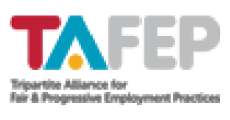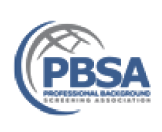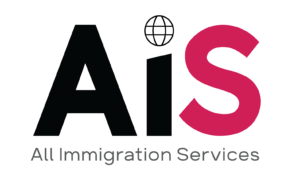While pre-employment screening is a relatively common practice, post-onboarding screening (or employee re-screening) is often overlooked – to the detriment of organisations. As multiple examples have illustrated, existing employees are one of the greatest risks for internal fraud, with incidents often occurring years into employment.
As the year inches to a close, consider implementing some or all of these exercises as part of your ongoing compliance and monitoring strategy.
1. Require employees to submit annual declarations
Having employees resubmit their declarations on an annual basis allows them to renew and reinforce their commitment to compliance, while helping organisations strengthen their ongoing due diligence process.
Declaration forms should be customised based on your organisation’s needs and internal policies, but some common ones include:
- Declarations of conflicts of interest including potential political exposure
- Health declarations to ensure that individuals are fit and able to perform their roles
- Gift declarations from external parties to employees
- Hardship declarations to highlight severe financial hardship brought on by sudden illness, accident, loss of property, or others
- Corruption and bribery declarationsIf you’re unsure about what your annual declaration of compliance documents should include, consulting an experienced risk management agency such as RMI can help.
2. Regularly conduct compliance assessments
It is also important to regularly verify and assess compliance knowledge. Organisations are responsible for making sure that all employees are aware of the most updated rules, regulations, policies and processes related to compliance.
But most companies tend to conduct compliance training only during the onboarding process, often overlooking the need to re-train existing employees.
To monitor and track the health of internal compliance, you may consider issuing regular assessments or knowledge checks to determine if the state of employee awareness is robust enough, or if additional training is required.
Assessment areas can include anything and everything from business code of ethics, to cybersecurity and privacy policies, to health and safety compliance. As an added benefit, regular measurement and reinforcement of compliance concepts can help build a strong internal risk culture for improved defence against multiple business risks.
3. Consistently re-screen existing employees
Employees’ personal circumstances change, which means their corresponding fraud risks do too. Key factors such as financial debt, personal or family health conditions, and conflicts of interest should be regularly re-assessed so that organisations can stay informed of potential red flags throughout an employees’ full tenure with the company.
In the event that annual declarations and self-reporting are insufficient, regular re-screening of existing employees can ensure that high-risk factors are uncovered and handled earlier rather than later.
4. Make re-screenings a pre-requisite for promotions
For companies that are hesitant to conduct blanket employee re-screenings on a regular basis, consider implementing them for specific situations such as during promotions, when an employee’s access to data or powers of decision-making tend to expand.
Similar to the principles governing what to be included for pre-employment background checks, post-employment screenings should also be tailored to the needs of the position being filled.
A person moving up from team leader to business unit manager, for example, might warrant a credit check. Even lateral movements warrant a re-screening – if someone moves from the marketing team to the sales team in a real estate company, for instance, the company should verify that the individual has the valid licenses necessary for the role.
Better manage ongoing compliance requirements with the right partner
Employee re-screenings will become increasingly crucial to ensuring ongoing compliance and risk management, especially in hybrid work environments involving diverse, international and remote teams.
And not just employees. Continuous screenings for third parties such as business process outsourcing firms, raw material suppliers or product distributors should be a key part of any ongoing compliance process. In fact, continuous monitoring of third-party service providers is one of the significant new additions to the MAS Technology Risk Management (TRM) Guidelines 2021.
Compliance is a constantly evolving and uniquely complex landscape. From varied international regulations to employee consent laws and liability related to accuracy of discovery, internal teams have multiple balls to juggle when it comes ongoing compliance, whether for new or existing employees.
As businesses continue to expand their workforce and engage with new third-party collaborators in the coming year, having an intelligence partner to help with pre-employment background checks, regular post-employment re-screenings, and due diligence research that is compliant with international data privacy and data transfer security laws will make a significant difference in cost, reliability and efficiency.
Contact us today to learn more about how we can help scale your ongoing compliance efforts, or learn more about our full range of international intelligence and risk management solutions.







